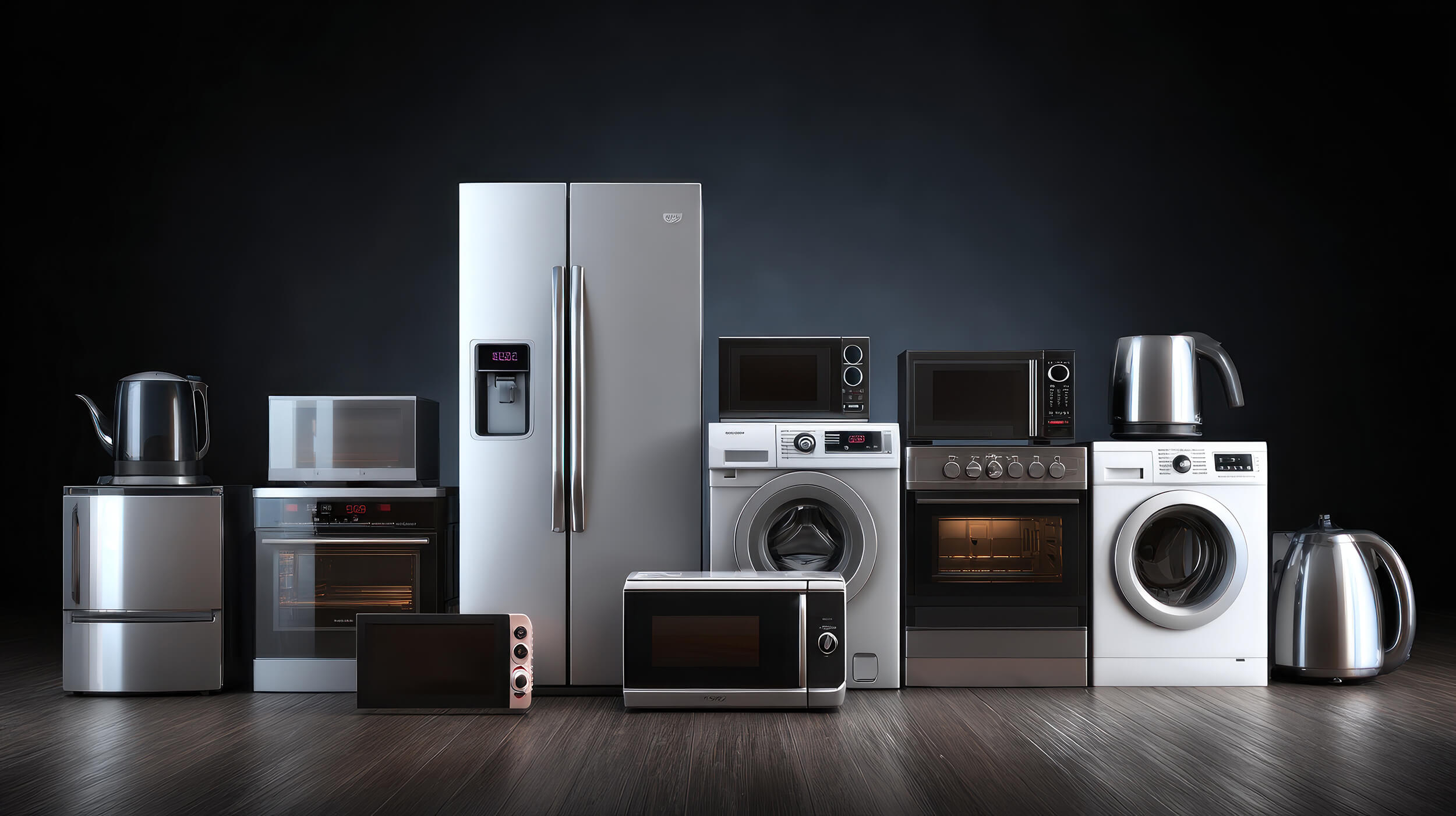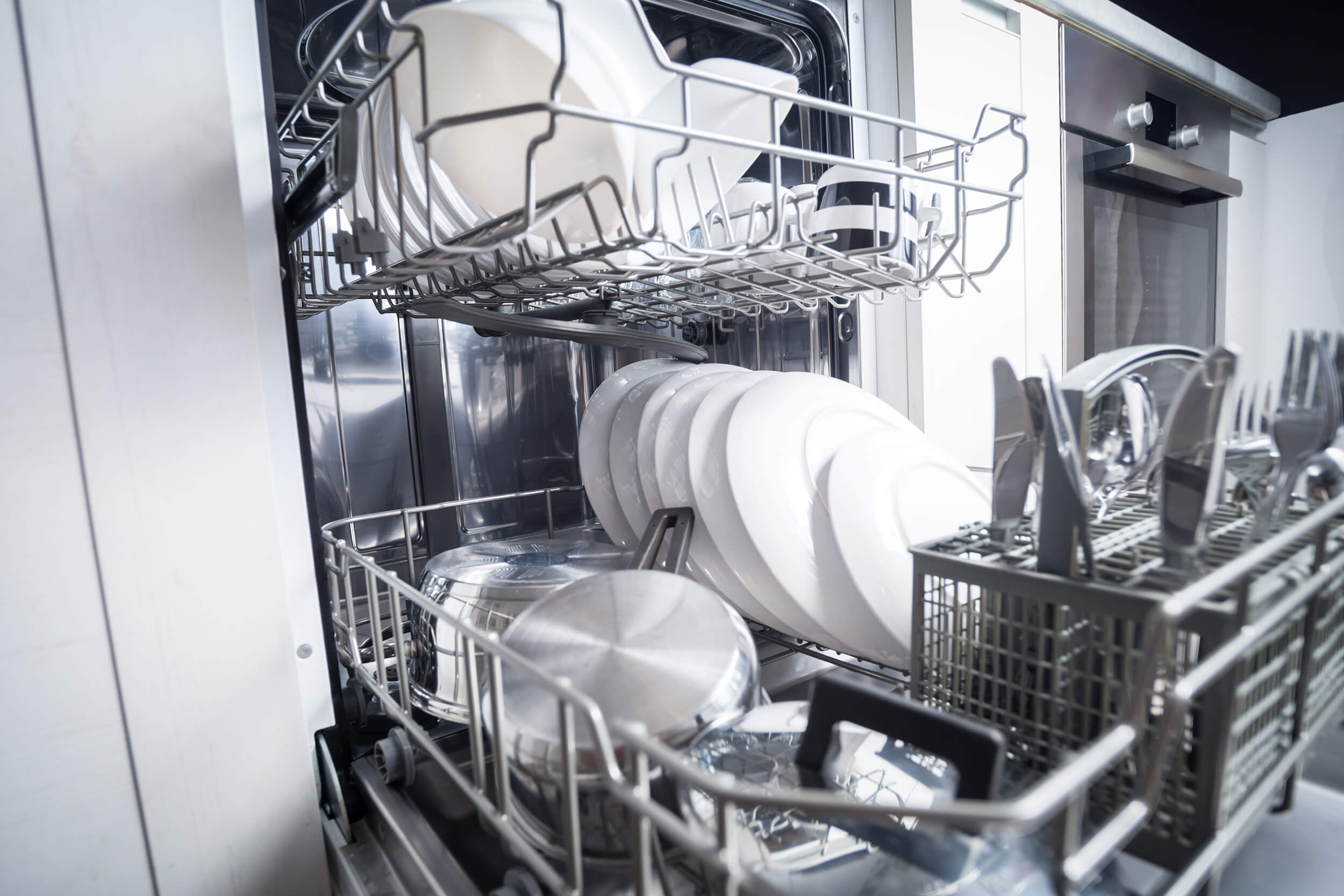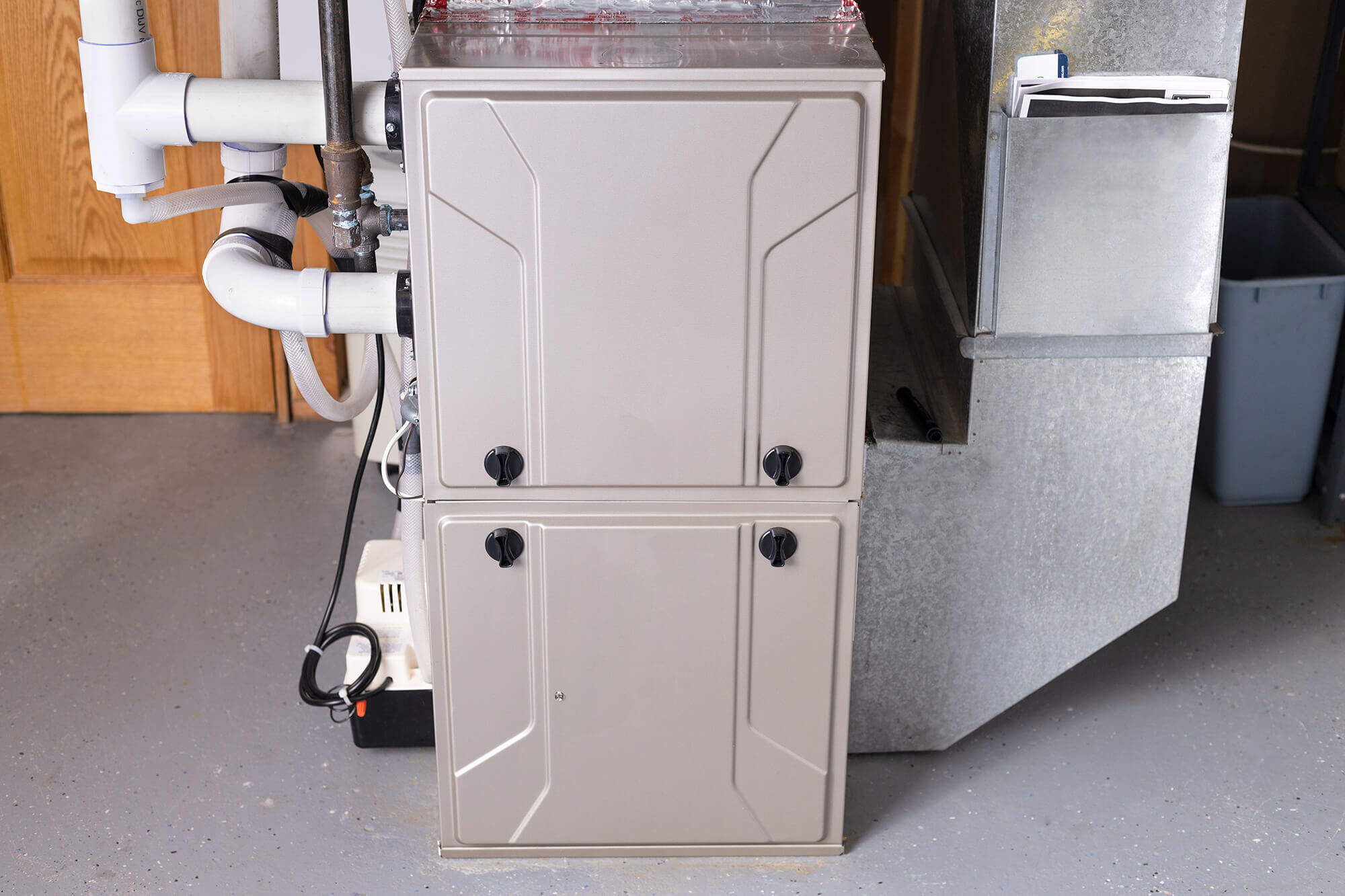
The U.S. Department of Energy (DOE) announced a final rule today that will allow certain clothes washers and dryers to use unlimited amounts of energy and water. Opposed by manufacturers, consumer groups, and efficiency advocates, the new rule will increase utility bills and carbon emissions while undercutting manufacturers’ investments in efficient products.
The rule establishes separate “product classes” for clothes washers and dryers with a short cycle as the “normal cycle” (less than 30 minutes for dryers and top-loading washers, and less than 45 minutes for front-loading washers). Washers and dryers falling under these new classes will, at least initially, not be subject to any energy or water efficiency standards.
Importantly, the new rule is completely unnecessary because consumers today can buy washers and dryers with short cycle times that comply with current efficiency standards. For example, GE Appliances noted in its comments on the proposed rule issued earlier this year that it already sells 42 dryer models with a cycle time of less than 30 minutes. Yet the rule will open the door to very wasteful products.
By establishing these new product classes with no accompanying standards, today’s rule puts at risk huge gains in energy and water efficiency. Since 1990, the average energy use of new clothes washers has declined by 70%. And while a typical clothes washer from 20 years ago used more than 40 gallons of water to wash an average load, typical machines today use less than half that amount, according to Consumer Reports.
In addition to harming consumers and increasing energy and water waste, the rule will also increase costs for manufacturers and undercut their investments in efficient products. In its comments on the proposed rule, GE Appliances stated that the change would “add regulatory cost to the industry” and create “a great deal of regulatory uncertainty.” The Association of Home Appliance Manufacturers (AHAM) explained that manufacturers “have invested heavily in innovating to meet energy conservation standards for laundry products and to be responsive to consumers’ desire for energy and water efficient products” and that the rule would “undermine decades of efficiency improvements.” AHAM added that the rule would result in stranded investments for manufacturers without “any benefit to consumers or the environment.”
Notably, no one asked for this rule. Rather, DOE seems to be establishing these new product classes for washers and dryers simply because they established a similar class for short-cycle dishwashers in a rule issued in October in response to a petition from the Competitive Enterprise Institute (CEI). (The dishwasher rule was also opposed by manufacturers, consumer groups, and efficiency advocates.)
The incoming Biden administration should move to quickly reverse both today’s rule and the dishwasher short-cycle rule.





